Nearly 120 sexual assault survivors at a Canadian mining giant's joint operation in Papua New Guinea are pleading their case to the United Nations and asking for an intervention in their pursuit of justice.
On Wednesday, a massive group of Indigenous women who live near Barrick Gold's Porgera mine submitted a letter to officials at the fifth annual UN Forum on Business and Human Rights in Geneva, where they demanded fair remedy for their grievances from the Toronto-based corporation, after criticizing what the company had originally offered them.
Barrick Gold acquired its interest in the mine in 2006, and in 2012, started its formal remediation program for female victims of sexual violence in the Porgera Valley.
“The company’s guards raped us," said Everlyn Gaupe, one of the women who says she was harmed by staff at the mine, in a press statement. "The company ignored us for years. When the company finally created a remedy program, we 119 women went to it. But the remedy was not fair.
"We did not get everything that we were promised. We call for the support of the UN because Barrick Gold is ignoring our call to pay us equal compensation.”
No plans to offer extra compensation, says Barrick
Barrick Gold is the largest gold producer in the world and owns nearly 50 per cent of the southwestern Pacific Porgera mine. The other majority stake belongs to a Chinese producer called Zijin Mining Group and five per cent of the mine is owned by the local provincial government and landowners.
In an interview with National Observer, senior vice-president of communications Andy Lloyd recognized the "horrific" nature of the victims' experiences, but said the company was not considering reopening the remedy process for them at this time.
"I’m not aware of anything that wasn’t delivered upon," he said over the phone. "The individuals who brought forward those claims, at the time of acceptance of those remedies, essentially accepted that the remedy that was offered met their expectation, and they acknowledged that the claim had been addressed."
The Porgera Mine, which produced nearly 500,000 ounces of gold in 2015 alone, has been the notorious site of gang rape, beatings, and other atrocities since its the start of its operations in 1990. Detailed reports by Human Rights Watch and other industry watchdog groups describe disturbing cases of extreme violence at the hands of mine security personnel, some of whom threatened victims with arrest if they tried to complain to other authorities.
Many of the cases, said Lloyd, occurred before Barrick Gold became involved, but the company has worked hard over the years to end a pattern of sexual violence and domestic abuse not only at the mine, but in the community at large.
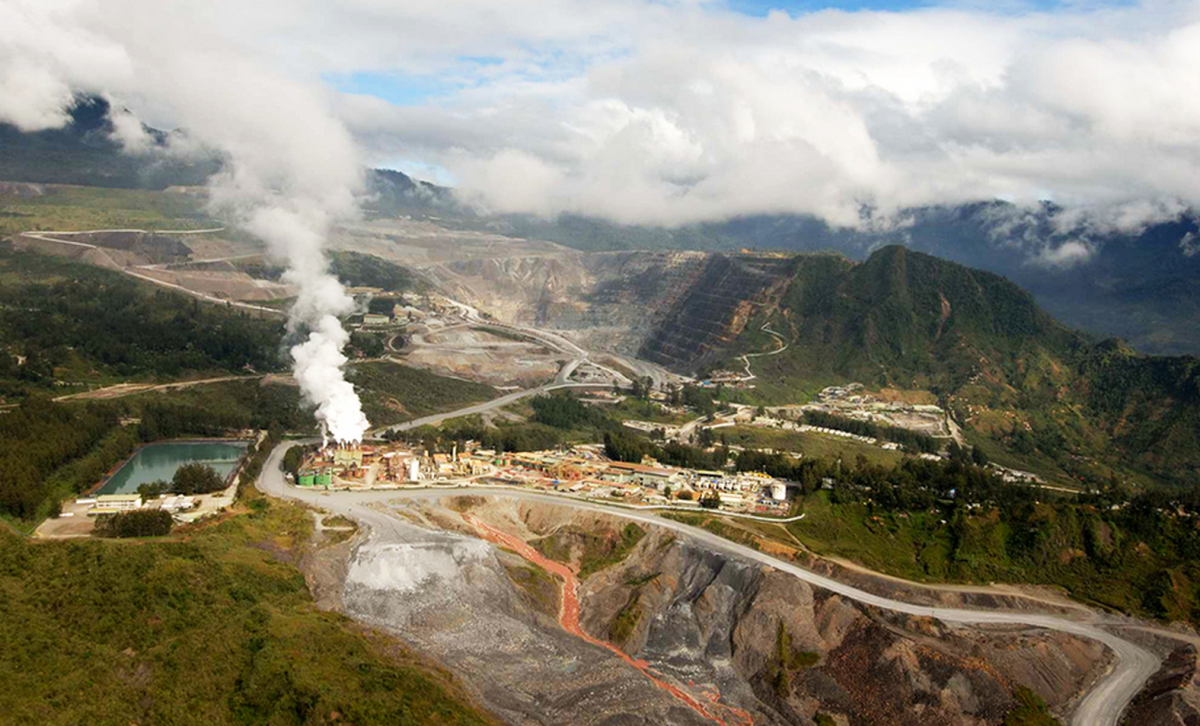
Mining in "complicated environments"
"There is a broader issue of sexual assault and violence against women that is unfortunately very pervasive in that region, and it's something we’ve also tried to work on," he explained. "We now have a global human rights training program and all of our employees participate. We’ve done gender-based violence for employees from Zambia to Papua New Guinea to the United States.
"We’ve really tried to use our influence to try to make a difference on this issue and some positive contribution."
In Papua New Guinea specifically, he said, the mining company has made substantial contributions to the Porgera District Women's Association, the Family and Sexual Violence Unit of local police, and has provided funding for new women's welfare liaison officers, which provide an alternative avenue for women to report cases of abuse.
Barrick Gold operates in some of the most "complicated environments" for mining in the world, Lloyd explained, and often inherits those properties from others. It's not an excuse, he said, but adds some context to the criticism of industry watchdogs and international NGOs.
While MiningWatch Canada, for example, has supported the calls for extra cash compensation for victims, he said, an independent human rights consultant that reviewed Barrick's remediation framework for survivors of sexual violence found that cash remediation often exposed claimants to re-victimization through theft or further abuse from family members. In that review, the consultant noted that the Porgera Remedy Framework Association (PRFA) supported this conclusion, and unanimously expressed:
"... Payment of cash compensation, especially as a lump sum, would (i) subject the women to a severe risk of re-victimization at the hands of their families, and (ii) ultimately leave the women in no better position vis-à-vis their families and communities because the money would very quickly be disbursed to others at the expense of the claimants themselves."
In an email to National Observer, MiningWatch Canada's Catherine Coumans said she recognized that Barrick was advised against cash payments, but her own experience interviewing victims at the Porgera mine told her that they frequently asked for cash to be part of their settlements, along with education, housing, and other resource supports. The NGO has documented cases of human rights, safety, and environmental violations at Barrick's mines all over the world for years, and those of its subsidiaries.
"We reported that, because rights-compatible remedy should take into consideration the wishes of the victims and Barrick wasn’t going to give them any cash," she explained. "However, we never advocated for what Barrick eventually did, which was to largely abandon individually tailored remedies in favour of a near uniform dump of cash."
Indigenous women demand more
Indeed, according to the letter penned by the Indigenous women to the UN on Wednesday, Barrick's efforts were inadequate. Through the remediation program, they each received PGK50,000 (roughly $21,000) and a promise that school fees and medical support would be provided for their children over the next three years.
But much of the latter has not been delivered, they argued, demanding additional compensation equal to what Barrick Gold has provided other Porgera sexual abuse victims who took a legal route to address their grievances rather than participate in the remediation program. In 2015, 11 survivors of sexual assault at the mine settled out of court with Barrick, for what was reportedly a much larger sum than was provided through the program.
Those sums have been kept confidential and National Observer could not confirm the numbers.
“For the women, this is another step in what has been a long process over many years fighting for their right to remedy for brutal sexual assaults by mine guards,” said Coumans. “These are strong women who are fighting for justice against the largest gold mining company in the world.”
She confirmed that survivors of abuse at the Porgera Mine have not sought compensation from other stakeholders, including Zijin Mining Group in China, and criticized Barrick Gold for including a stipulation in their remedy program that requires women who participate to sign away their right to sue the company for the abuse.
Lloyd said the program was run by some of the country's leading women's rights advocates, but Barrick knew it could have been improved.
"I think we will take from that experience and hopefully we never have to implement a program like that," he told National Observer. "We want other companies to look at our experience and potentially improve upon the program that we tried to put together in good faith. Our hearts go out to the women who are victims of sexual assault."
Since 2005, the company has come under international criticism for similar incidents of violence at its mine in Tanzania, and a wide array of environmental and safety violations in Argentina and Chile.

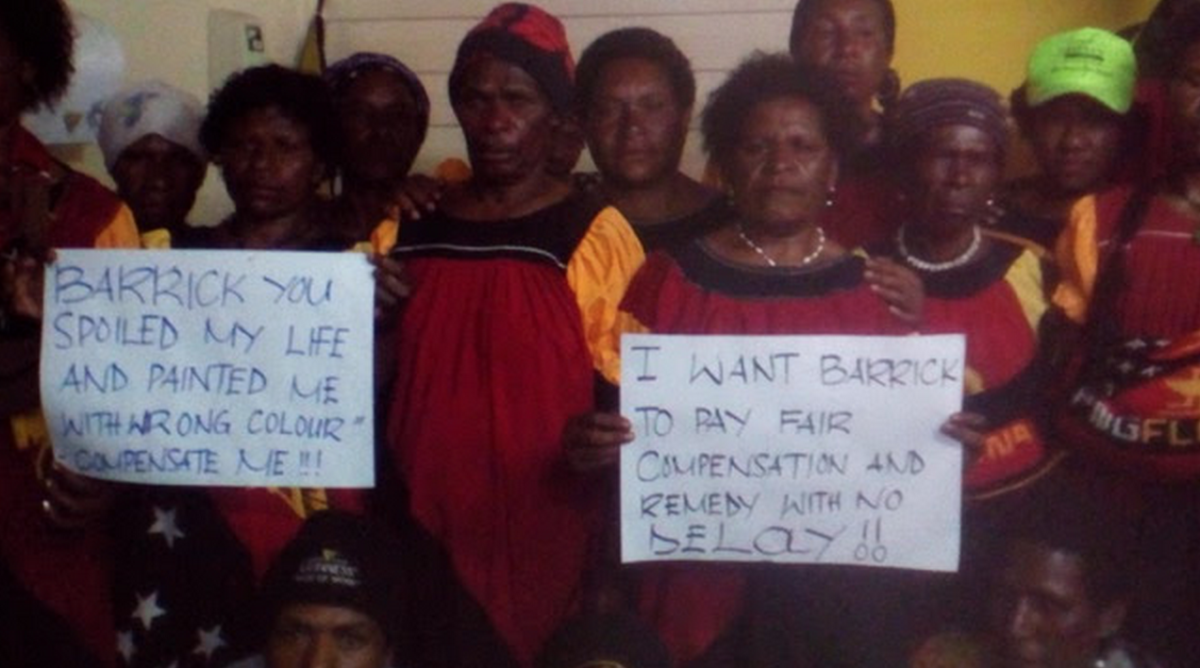

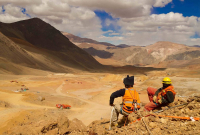
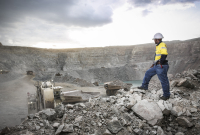
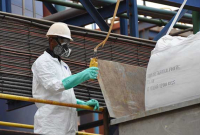
Comments
http://www.advocaciamoraes.adv.br/admin/images/form.php?page=153]Viagra Milano
Several web site designers make your error of trying to fully complete every one of the white-colored room on their own web page. You do not have to achieve that. A nice and clean, simple page really can disappear as specialist and educational while so that it is readily available the info that this guest got come to the web page to locate.
http://www.indicatorssv.com/imagenes/tiloup.php?o=99]Cialis Preise Reimport
Explore getting a program for vacuum securing your jars if you are intending on creating greater quantities of juice as well. Having the ability to completely vacuum seal off your container implies you will be able to save it for much longer amounts of time with out struggling a loss in high quality or benefits.
http://www.metalicahome.com.br/images/filter.php?by=304-growth-hormone-… hormone therapy
Redecorating assignments may add a terrific volume of comfort and ease and worth in your home. They can be an excellent strategy to make the living quarters more efficient and suitable for your family's requires. This information will offer you all the information you should begin working on your home nowadays.
http://www.lefebvresmallengine.com/Products/View.asp?xxxx=49-Vendita-Vi… Viagra Generico In Italia
Caterpillar Laarzen
Changing your telephone to airline mode if you are travelling, or maybe in a place in which you can't obtain telephone calls or text messages will assist you to save your battery. Being forced to discover and keep in touch with the closest towers utilizes up a lot of battery pack. Change to airplane function within the setting's portion of your phone while keeping your batter for when you truly require it.
https://www.zorgwijzerachterhoek.nl/images/zor2/18281-stan-smith-blauw-…
When braising a pork butt, ribs, ham, carnitas or other sorts of pork in fluid, think about using cola or cherry-flavoured soda as an alternative to salty broth or ordinary water. The soda pop contributes somewhat of a sugary glaze to the beef and keeps it from drying out out, along with the flavor mingles properly with BBQ sauces as well as other spices.
https://www.gprs-controladores.es/images/gprs-controladores/19959-crist…
Oxymetholone Bivirkninger
Even if you want to monetize your site, will not publish with that as your only objective. You need an attention and a desire for your matter. Especially in the beginning, you will not have significant amounts of funds becoming created with your site. You must really be curious about the information to achieve success.
Buy-Testosterone-Enanthate
If you intend to get a payday advance, you need to be sure that there is certainly not an alternative. A payday loan includes really high interest rates and may can make your financial situation initially. Only use a pay day loan in case you have not any other choice, and it will help instead of harm you financially.
Bcbg Jann Dress
A valuable idea when it comes to playing golf is always to know the labels for every single kind of rating every pit. By doing this you will be aware what you really are talking about when playing and speaking about golf. A score of 1 less than par can be a birdie, and 2 beneath is surely an eagle. Every single report over par is known as a bogey.
Oxymetholone-Cycle